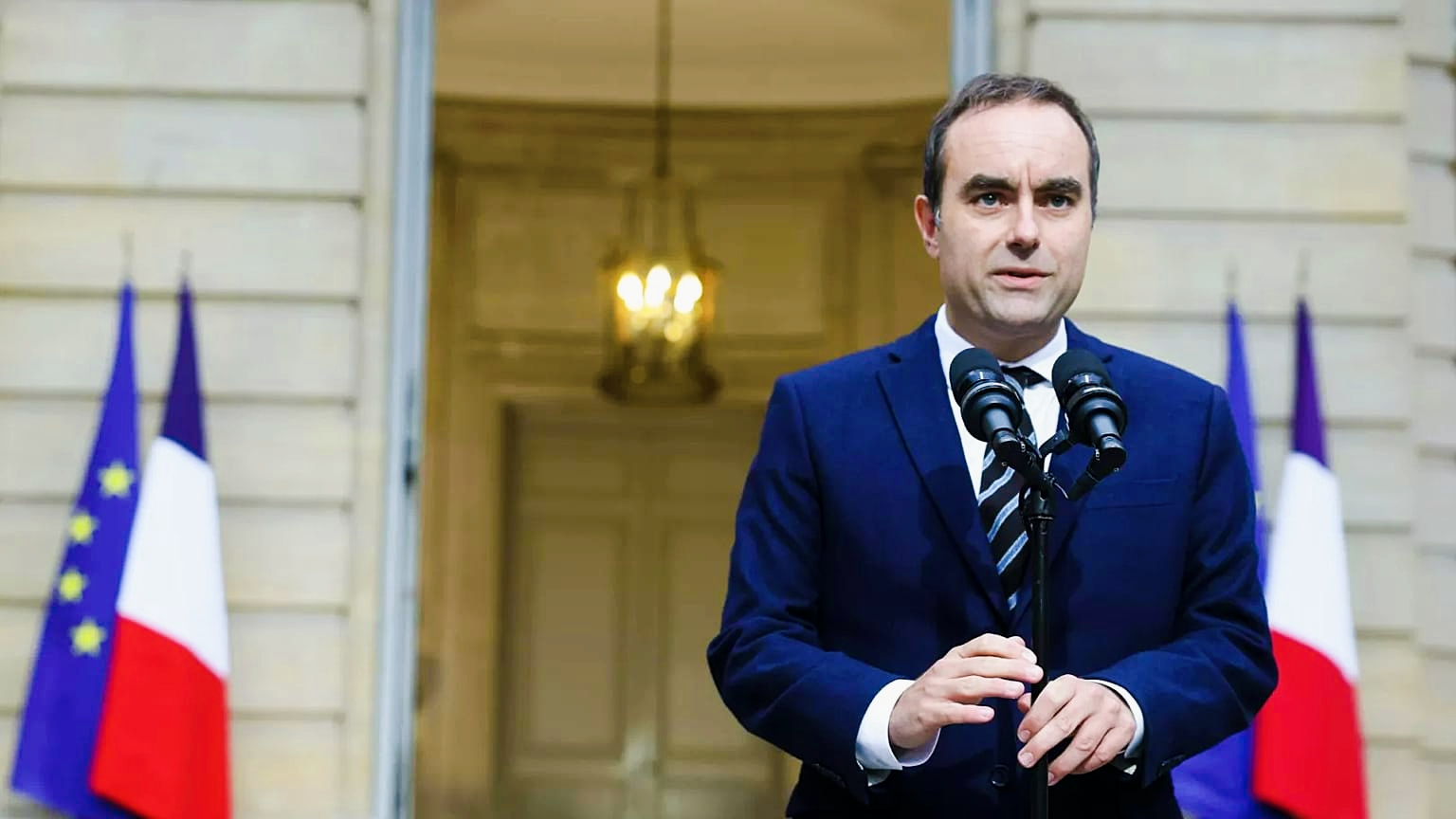In a surprising move, the Prime Minister of France, Sébastien Lecornu, resigned from his position today, Monday, less than 24 hours after the announcement of the formation of the new government.
Lecornu had taken office yesterday evening, Sunday, in an attempt by President Emmanuel Macron to save the country from its ongoing political crisis, but he did not complete his first day in office.
Immediately after submitting his resignation, President Macron accepted it, according to a statement issued by the Élysée Palace.
Thus, the political situation in France worsens, as the parliament suffers from a sharp division among several competing political blocs.
* Formation of the new government: Challenges and conflicts
Macron had announced the formation of a new government on Sunday evening, headed by Sébastien Lecornu, who took office amid expectations that the government would face significant challenges, especially in light of parliamentary divisions.
The new government includes prominent figures, such as Bruno Le Maire, who took over the defense portfolio after serving as Minister of Economy from 2017 to 2024.
Meanwhile, Roland Lescure was appointed Minister of Economy, in a difficult task related to preparing the budget plan.
Among the ministers who retained their positions was Jean-Noël Barrot, who continued as Minister of Foreign Affairs, and Bruno Retailleau, who remained in the Ministry of the Interior, where he pledged to combat illegal immigration.
Gérald Darmanin also stayed in the Ministry of Justice, while Rachida Dati, the Minister of Culture, remained despite facing trial on corruption charges next year.
* Political deadlock: The biggest challenge
France is facing an ongoing political crisis since the early elections held in the middle of last year, in an attempt by Macron to strengthen his authority, but these elections resulted in a divided parliament, where three main political blocs compete.
This complex situation makes it more difficult to form a stable government that can implement effective policies.
There were indications that the new government might not withstand parliamentary challenges, especially with leftist parties threatening to propose a vote of no confidence against the government.
Lecornu was scheduled to deliver a public policy speech before parliament on Tuesday, but he resigned before that.
* Unclear future
These developments indicate the continuation of the political deadlock in France, putting the next government before significant challenges, especially with opposition threats that could lead to further political turmoil in the country.
So, in less than 24 hours, France witnesses a dramatic shift in its political landscape, amid questions about Macron's ability to find solutions to the crisis plaguing the country.

